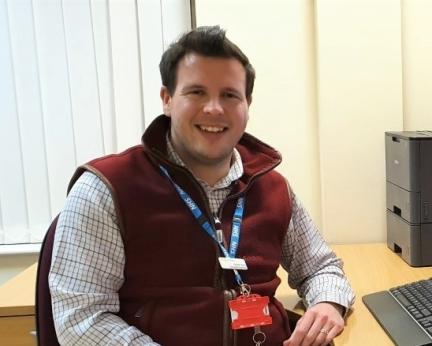If you like responsibility, clinical autonomy and learning, this role is for you. We encompass four main advanced practice pillars: leadership, clinical, education and research. Every day is a learning day and you have the opportunity to really make a difference to patients. You are well respected in the clinical team and you can work within primary care, secondary care or a bit of both!
You have to be a very effective communicator to take precise medical histories quickly and make quick-thinking decisions. At the same time, it’s important not to fix on a diagnosis without proper investigation and most importantly know your limitations.
Sometimes the 12.5-minute patient slots can be a challenge but it’s important that you treat patients with compassion and utilise active listening skills. It’s also important to accept that working in primary care means not knowing everything and that there are lots of people and specialties to help!





